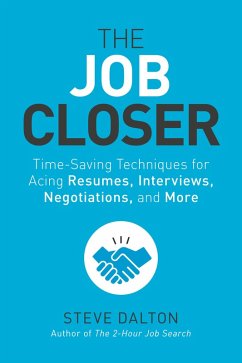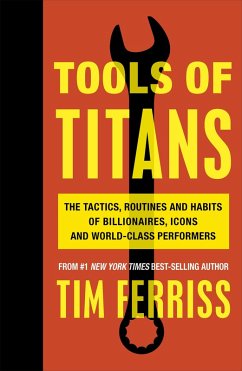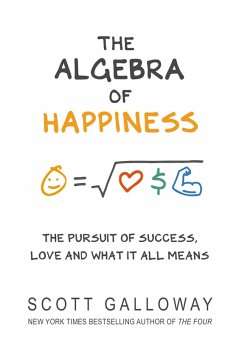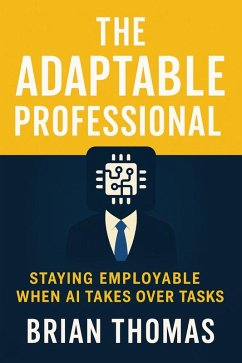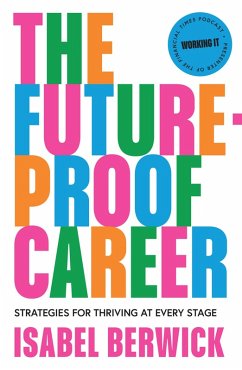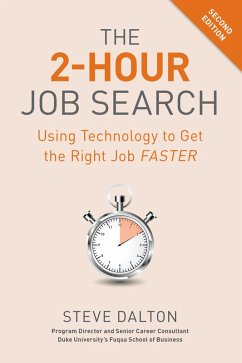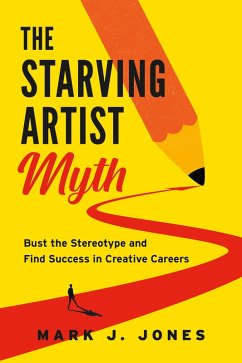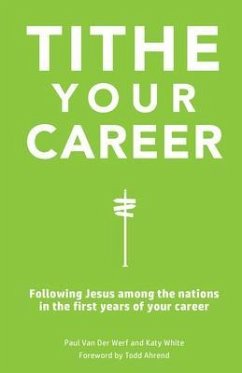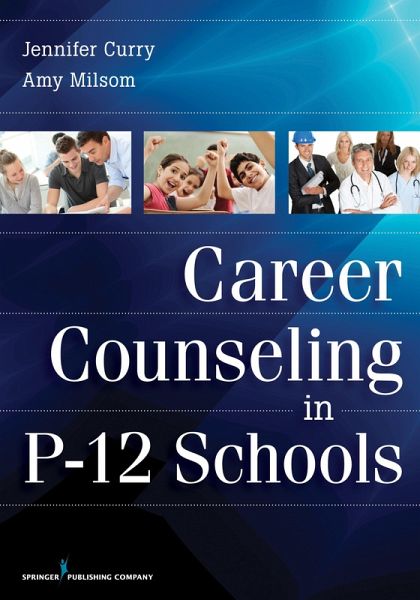
Career Counseling in P-12 Schools (eBook, ePUB)

PAYBACK Punkte
33 °P sammeln!
This is the only text to present a comprehensive, developmental, and practical approach to preparing school counselors to conceptualize the career development needs of P-12 students, and design and implement relevant career interventions. The text reflects the American School Counseling Associationís National Model for school counseling to facilitate career development and college readiness as a core competency. It is grounded in developmental, ecosystemic, and career theories as a basis for career interventions.Considering the range of psychosocial, cognitive, and academic development spanni...
This is the only text to present a comprehensive, developmental, and practical approach to preparing school counselors to conceptualize the career development needs of P-12 students, and design and implement relevant career interventions. The text reflects the American School Counseling Associationís National Model for school counseling to facilitate career development and college readiness as a core competency. It is grounded in developmental, ecosystemic, and career theories as a basis for career interventions.
Considering the range of psychosocial, cognitive, and academic development spanning P-12 students, the authors review relevant developmental and career theories as a foundation for the design of sequential and developmentally appropriate career curricula and interventions. They provide information that helps school counselors and educators understand the ecosystemic influences on career development and discuss how and why to involve various stakeholders in their work with P-12 students. The text provides concrete examples of how to select, implement and evaluate the outcomes of various career counseling theories and addresses career development and college readiness needs by grade level. It also considers cultural differences regarding P-12 career development. Concrete examples demonstrate concepts and case studies illustrate ways in which counselors can partner with parents and teachers. Examples represent individual, small group, and classroom interventions and highlight learning outcomes and assessment methods. Appendices include a matrix outlining where and how 2009 CACREP Standards are addressed and what types of course assignments can be used to provide artifacts.
Key Features:
Considering the range of psychosocial, cognitive, and academic development spanning P-12 students, the authors review relevant developmental and career theories as a foundation for the design of sequential and developmentally appropriate career curricula and interventions. They provide information that helps school counselors and educators understand the ecosystemic influences on career development and discuss how and why to involve various stakeholders in their work with P-12 students. The text provides concrete examples of how to select, implement and evaluate the outcomes of various career counseling theories and addresses career development and college readiness needs by grade level. It also considers cultural differences regarding P-12 career development. Concrete examples demonstrate concepts and case studies illustrate ways in which counselors can partner with parents and teachers. Examples represent individual, small group, and classroom interventions and highlight learning outcomes and assessment methods. Appendices include a matrix outlining where and how 2009 CACREP Standards are addressed and what types of course assignments can be used to provide artifacts.
Key Features:
- Covers career counseling and development specifically geared to P-12 schools
- Reflects the ASCAís National Model for school counseling and facilitates career counseling as a core competency
- Describes a developmental, ecosystemic approach informed by career theory
- Presents career counseling programs and interventions sequentially, based on grade and age level
- Features case studies, end-of-chapter discussion points, self-test questions, and counselor activities
Dieser Download kann aus rechtlichen Gründen nur mit Rechnungsadresse in A, D ausgeliefert werden.




